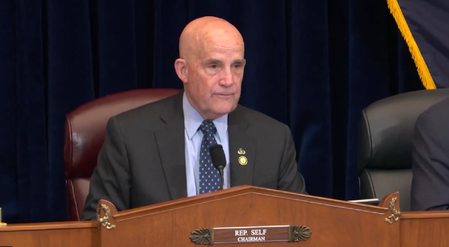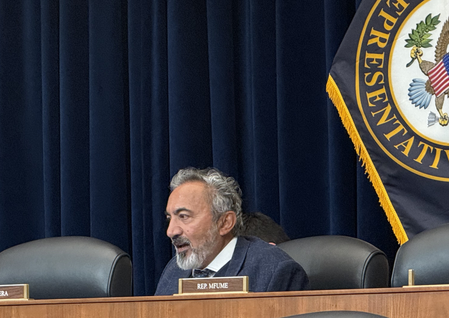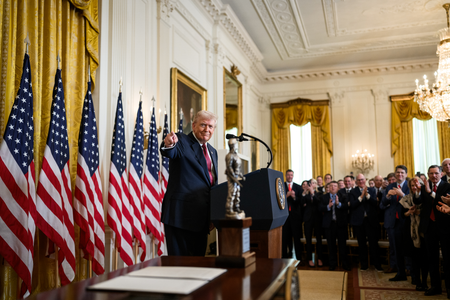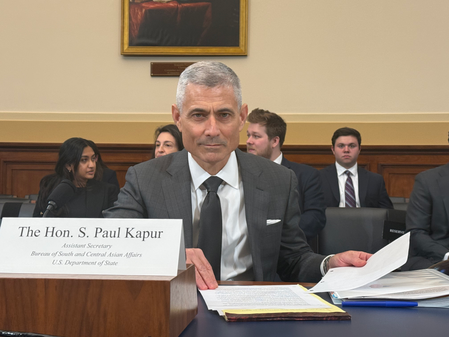Only 12% of the 355 million women in India use sanitary napkins. The number is even smaller in rural areas. And overall, 70% Indian women cannot afford sanitary pads, says a petition called Tax Free Wings on Change.org.
Sanitary pads are taxed between 12% to 14%, varying from one state to another – a practice which is expected to continue even under the GST.
But as Sushmita Dev, a Congress MP from Silchar constituency in Assam says, “Women are being taxed 12 months a year, for about 39 years on a process they have no control over. How is that fair?”
Sushmita started the aforementioned petition to the Finance Minister Arun Jaitley for sanitary pads to be made tax free as they are a necessity for every woman.
But what about the women who still do not have access to or awareness about menstrual hygiene products?
Sushmita admits that making sanitary napkins affordable will not solve the problem entirely.
Speaking to TNM, she says that in many rural areas, sanitary napkins aren’t available. This makes affordability redundant for the women living there, if not backed by increased awareness and accessibility, Sushmita adds.
“I cannot petition the Finance Ministry about awareness though. What I can do in my own constituency is raise capital funding for vending machines to be installed in schools and public toilets,” she says.
Sushmita explains that the first round of funding will be supported by her through the MPLADS funds, after which she will involve self-help groups to make the sanitary pads locally and replenish the vending machines.
“This will help involve the community. These pads will also be much cheaper than the ones manufactured by big brands,” she explains. “It has to be a sustainable, ongoing thing,” she asserts.
Sushmita’s petition also mentions the environmental impact of disposable menstrual hygiene products. “As the plastic used in sanitary napkins is non-biodegradable it leads to degradation of the environment,” says the petition.
The MP suggests that environment-friendly sanitary pads – reusable or biodegradable ones – be given 100% tax exemption while a minimal tax be levied on the disposable ones to dissuade its large scale use.
However, how practical is it to advocate for reusable sanitary napkins in places where a regular water supply is still a far cry? Where do school-going girls or working women store a used pad or clean it when they aren’t at home?
Sushmita admits that this is a huge hurdle, and one that she doesn’t have an immediate solution to. “But perhaps something is better than nothing. When the women are at home, they can have the option of using reusable sanitary towels,” she says.
The petition has over 1500 signatures at the time of writing and asks for the Central government to take these issues into consideration while implementing the GST. “This step will only bolster the idea of Beti Bachao Beti Padao and Swachh Bharat,” it says.
Enanble Notification: NoTNM Marquee: No








